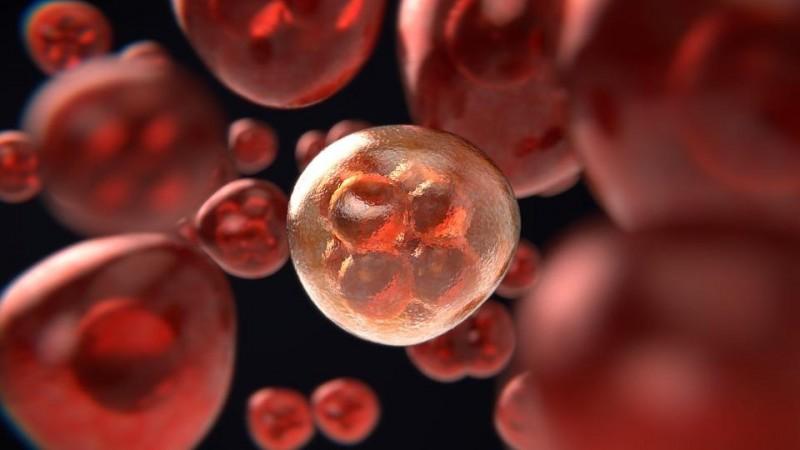Scientists from Mumbai's Tata Institute of Fundamental Research (TIFR), the Agharkar Research Institute (ARI) in Pune, and IIT Hyderabad have discovered an alternative drug molecule indicating high antitumor potential on cancer cells with exceptional ability to reduce unwanted growth of blood vessels (antiangiogenic effect), said one of the scientific team members here on Tuesday.
This development is considered significant given the limited applicability of platinum drugs, currently the main treatment option for many types of cancer, due to the fast resistance developed by the patients.
The study was jointly conducted by a team comprising TIFR's Malay Patra, Manikandan M., Sushanta Chhatar, Shubhankar Gadre, ARI's Chinmay Patra and Gourav Chakraborty, and IIT-Hyderabad's Naushad Ahmed.

Malay Patra told IANS said that the new therapeutic agent, 'Ruthenium-Ferrocene Bimetallic', has the potential to curb primary tumour growth through antiproliferation (use for inhibiting cell growth) and checking metastasis (growth) through antiangiogenesis, or "killing two birds with one stone".
Patra, who is the Principal Investigator, Medicinal Chemistry and Cell Biology Laboratory at the TIFR's Department of Chemical Sciences, said that the new agent restricts new blood vessel development and can help treat cancer cases that prove resistant to platinum drugs used for treating the disease.
So far, he said that extensive biological investigations have been undertaken in cellular models and on zebrafish, and the team is now planning to experiment the anti-cancer properties and toxicity of the new agent in mammals like mice.
The team's research has been published in the ACS journal, showing the potential therapeutic implications of the therapeutic agents to manage platinum-resistant cancers, Patra said.
(With inputs from IANS)














